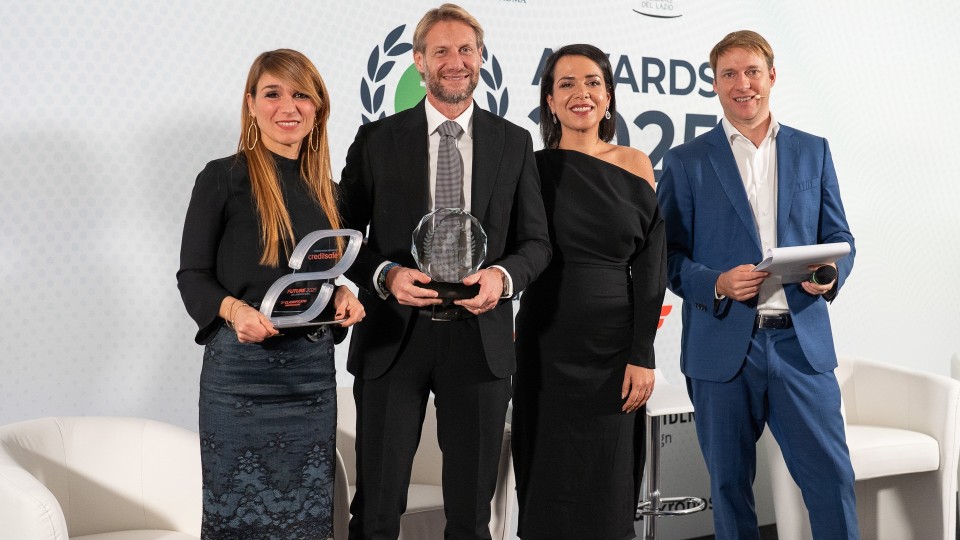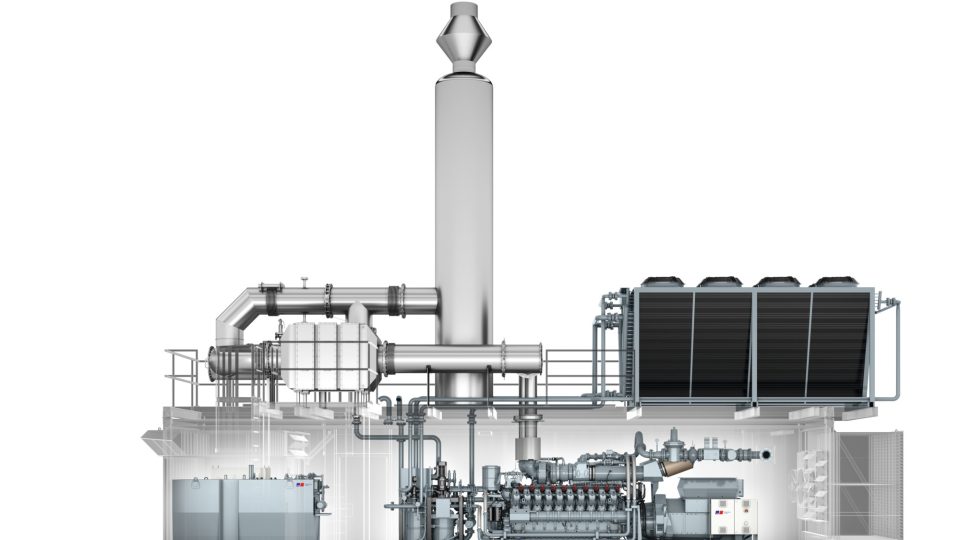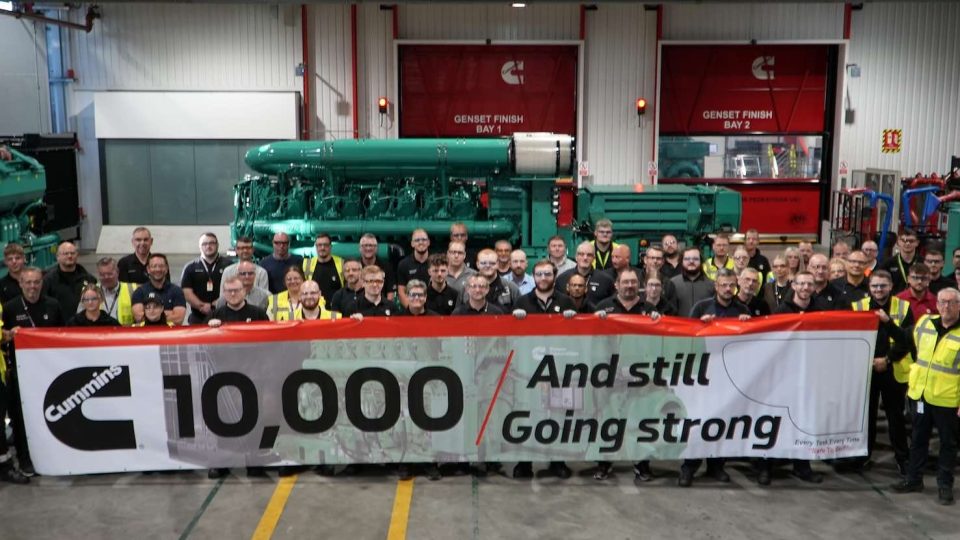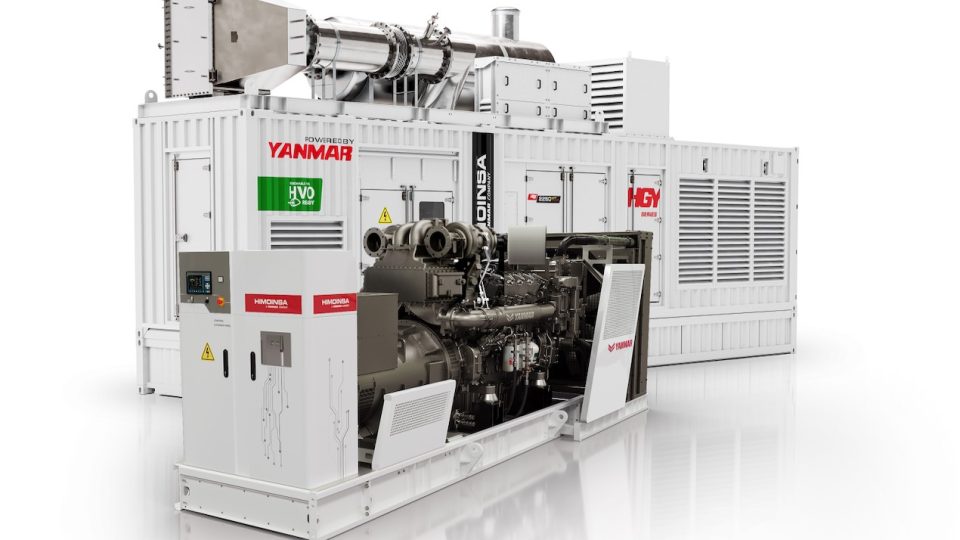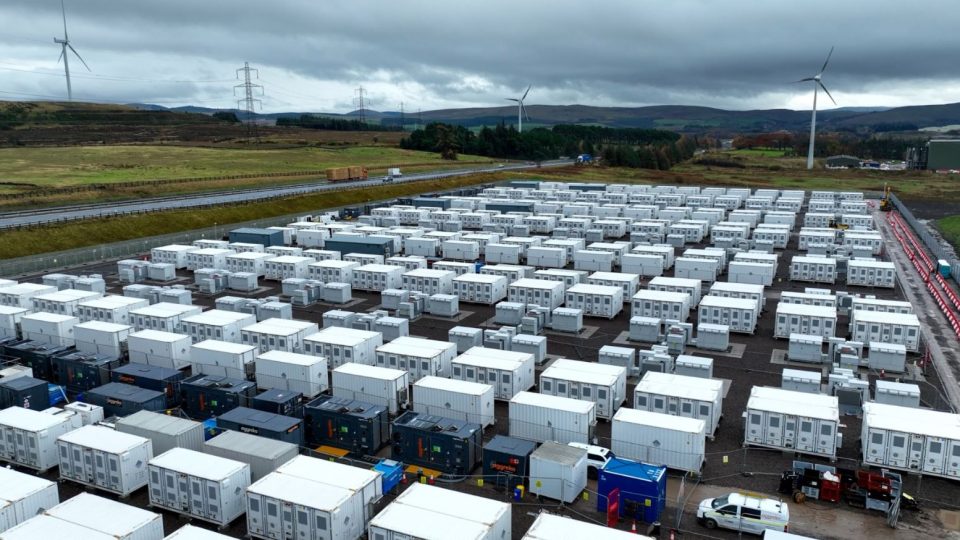Wärtsilä towards decarbonisation
Wärtsilä report anticipates that accelerated adoption of renewables can reduce electricity production costs by up to 50 percent
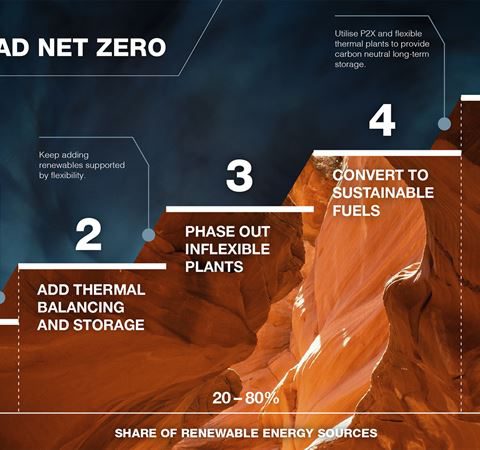
The technology group Wärtsilä has issued a report ahead of Cop26, the United Nations’ Climate Change Conference to be held in Glasgow this autumn, demonstrating the environmental and economic opportunities for states that decarbonise rapidly. The report was presented at the Economist Sustainability Week event in the first week of October.
The “Front-Loading Net Zero” report states that electricity production costs could be reduced by up to 50% by 2050 if countries and states adopt 100% renewable systems faster than currently planned. Significant cost reductions can be achieved by front-loading the deployment of renewables, mainly wind and solar photovoltaic, and by utilising the technologies needed to balance their inherent intermittency, such as energy storage and thermal balancing power plants. The report indicates that carbon neutral systems can provide cheaper electricity compared to current fossil fuel-based systems.
Wärtsilä’s President & Ceo, Håkan Agnevall explains: “As we approach Cop26, our “Front-Loading Net Zero” report should act as a wake-up call for leaders, as this is our last and best chance to get countries on pathways to carbon neutrality. Our modelling shows that it is viable for energy systems to be fully decarbonised before 2050, and that accelerating the shift to renewable power coupled with flexibility, will help economies to thrive. We have all the technologies that we need to rapidly shift to net zero energy. The benefits of renewable-led systems are cumulative and self-reinforcing – the more we have, the greater the benefits – so it is vital that leaders and power producers come together now to front-load net zero this decade.”
To accelerate the decarbonization process, Wärtsilä has already taken some actions, i.e. supplying a 9.2 MW / 8.7MWh energy storage system to Zenith Energy, an independent power producer in Australia. Zenith sells the electrical power it produces to some of the world’s largest mining companies with operations in Australia. The installed energy storage system will address a cyclic load demand in an underground mine, and operate in parallel with an existing dual fuel engine power plant currently with total capacity of 65.98 MW.
The new energy storage system combining the fully integrated GridSolv Quantum modules and GEMS Digital Energy Platform, will cater to a more frequent cycling load. Adding storage will save the engines from frequent ramping by managing the power fluctuations of the mining site, therefore improving the operational efficiency, resulting in fuel savings and a lower carbon footprint for the mine’s power plant.

